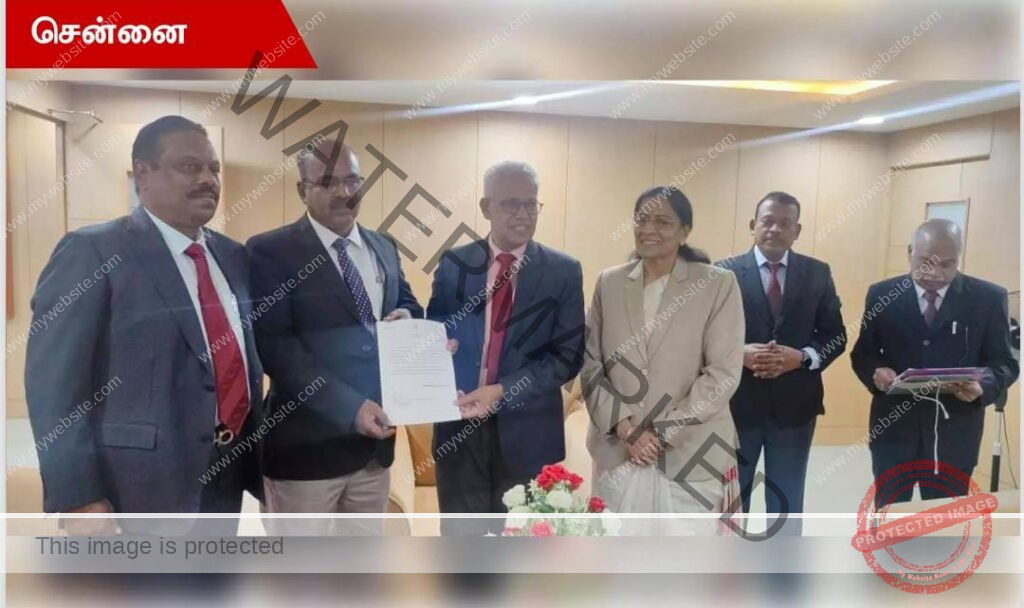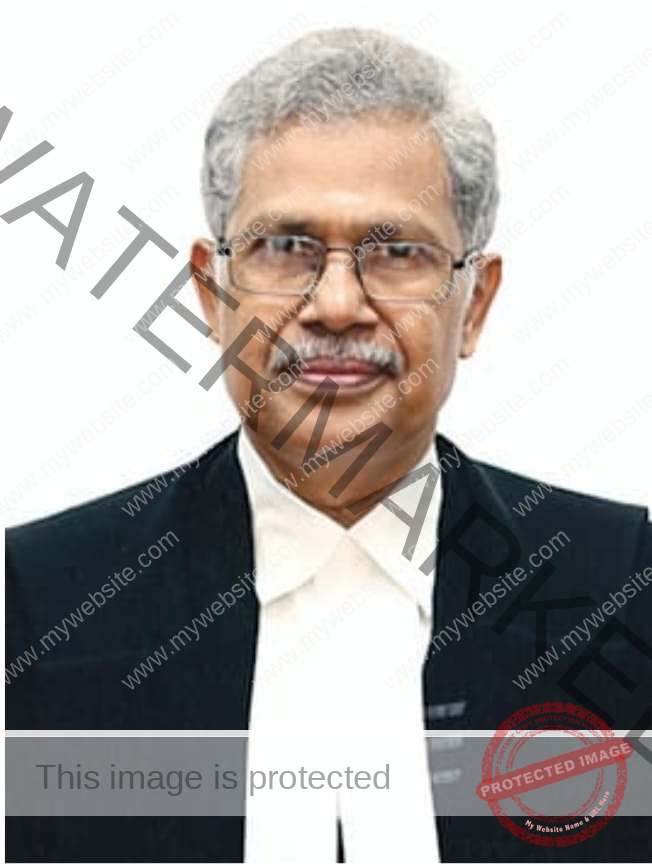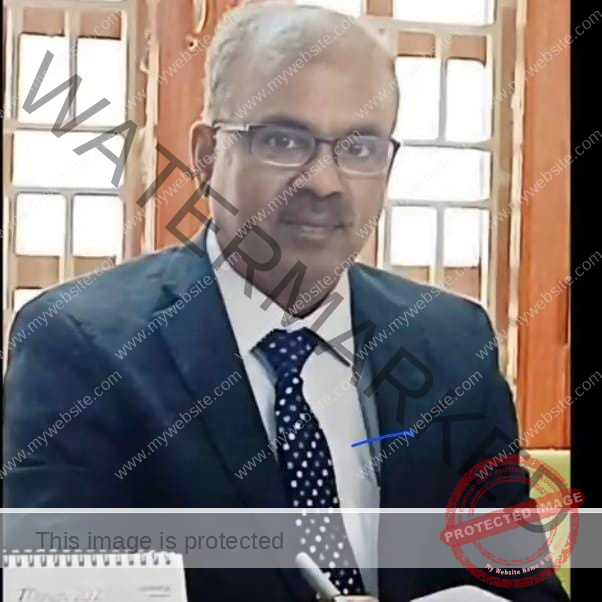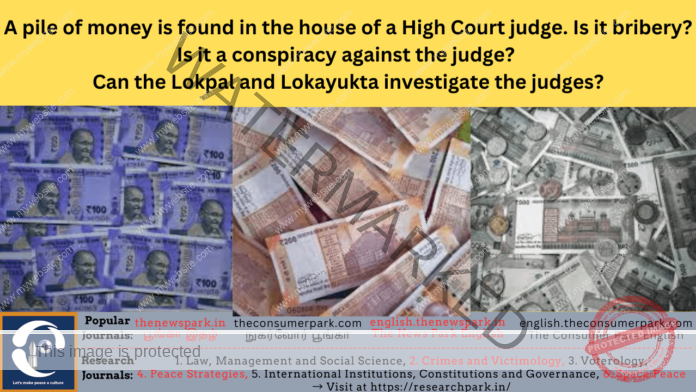A sudden fire broke out at the house of Delhi High Court Judge Yashwant Verma, who lives in a government residence on Tughlaq Road in Delhi, on the night of the 14th. The fire brigade rushed to the spot and extinguished the fire. At that time, a large amount of money was found in a room in the judge’s house. The government and Chief Justice of the Supreme Court Sanjiv Khanna were informed about this.
Following the Supreme Court’s order to the Chief Justice of the Delhi High Court regarding the seizure of money from the judge’s house, he submitted the investigation report to the Chief Justice of the Supreme Court on the 22nd. The Supreme Court has constituted a committee comprising Punjab and Haryana High Court Chief Justice Sheel Nagu, Himachal Pradesh High Court Chief Justice G.S. Chandawalia, and Karnataka High Court Justice Anu Sivaraman for a detailed investigation. The Supreme Court transferred Yashwant Verma to the Allahabad High Court as soon as the matter came to its notice. The Supreme Court has now stayed the transfer order and directed the Chief Justice of the Delhi High Court not to assign him any judicial hearings.
In this context, Justice Yashwant Verma has submitted an explanatory letter. It is understood that when the fire broke out in the house, he was in Madhya Pradesh and had returned to Delhi on the evening of March 15. His daughter and servants were at home when the fire broke out in the house, but after the fire was extinguished, they did not see any money in the storage room and it was only after the Chief Justice of the Delhi High Court showed him the video that he came to know about the burnt money. Till date, he or his family has never kept any money in that room and it is unbelievable that anyone would keep money in a room that is open and accessible to everyone. The room is completely separated from the part of the house where they live and there is a wall between his house and that room and the money related to this was not shown or given to him and he has also inquired with his servants in this regard and no money came from that room and neither he nor my family know anything about that money.
We have nothing to do with that money, it is understood that the judge’s explanatory letter states. This incident has tarnished my reputation as a High Court judge for over a decade. The judge’s explanatory letter seems to have stated that there are no allegations against him till date and that he can investigate his entire tenure as a judge.
No time frame has been set for the completion of the investigation by the Supreme Court-appointed committee. The Delhi High Court judge’s inquiry report states that the money was found in 4-5 sacks that were half burnt in the storage room and that only the residents of the house, servants and gardeners were allowed to enter the storage room. The reports also include photographs and videos provided by the Delhi Police of the burnt money. However, some parts of the report have been blacked out, according to the BBC news report.
Even if a High Court judge is found guilty, the removal of him requires the support of two-thirds of the members of Parliament. This has never happened in the history of India since independence in the last 77 years. It is also important to know the details of the recent Supreme Court order that the Lokpal, which investigates corruption complaints, should not investigate bribery complaints against High Court judges. The Lokpal was set up to investigate bribery complaints against the Prime Minister, Union Ministers, and people ranging from high-ranking officials of the Central Government to low cadre. Similarly, the Lokayukta was set up to investigate bribery complaints against state Chief Ministers, state ministers, and people ranging from high-ranking officials of the state government to low cadre. The current chairman of the Lokpal is former Supreme Court Justice A.M. Khanwilkar.

A person has filed a complaint with the Lokpal, the body set up to investigate corruption complaints, alleging that a High Court Additional Judge pressured a fellow High Court Additional Judge and a District Judge to pass an order in favour of a private company that was his client. On 27 January 2025, the Lokpal had issued a notice to the High Court judge concerned and ordered him to respond. In this situation, the Supreme Court suo motu registered the case in this matter and the case came up for hearing on 25 February 2025 in a special Supreme Court bench comprising Justices P.R. Kawai, Surya Kant and A.S. Oka. High Court judges, Chief Justice of the High Court, Supreme Court judges and Chief Justice of the Supreme Court are constitutionally appointed persons. The Supreme Court bench said that the Lokpal did not have the jurisdiction to try to complaints against the constitutional judges and stayed proceeding of the Lokpal against the concern high court judge. The Supreme Court ordered the Central Government and the Registrar of the Lokpal to file a response in this case by 18 March 2025.

On 18 March 2025, when the case came up for hearing, the individual who had filed a complaint with the Lokpal appeared before the Supreme Court. He was asked if he needed any legal assistance. In response, he said that he respected the Lokpal and the judiciary and that he wanted to review the information he had written to the Lokpal and did not need legal assistance. “We will protect your identity and confidentiality and we will consider the reasons you are trying to disclose,” Justice Kavai told the complainant. The Supreme Court appointed senior advocate Ranjit Kumar as amicus curiae to assist the court in this case. The bench has adjourned the next hearing to 15 April 2025 to decide whether the Lokpal has the power to investigate complaints against judges.

Can the Lokpal investigate complaints against judges, including High Court judges, Chief Justice of the High Court, Supreme Court judges and Chief Justice of the Supreme Court, as provided by the Constitution? That is the question that the Supreme Court is currently raising. The Supreme Court has not expressed any opinion on whether the Lokpal or Lokayukta can conduct investigations against other lower court judges.
The News Park (English) Opinion No one can deny that a society free from bribery and corruption is the only way to develop the country. The question is how to create such a society?



I think it must be investigate by lokpal or lokayukta otherwise it will give arbitrary power to judiciary